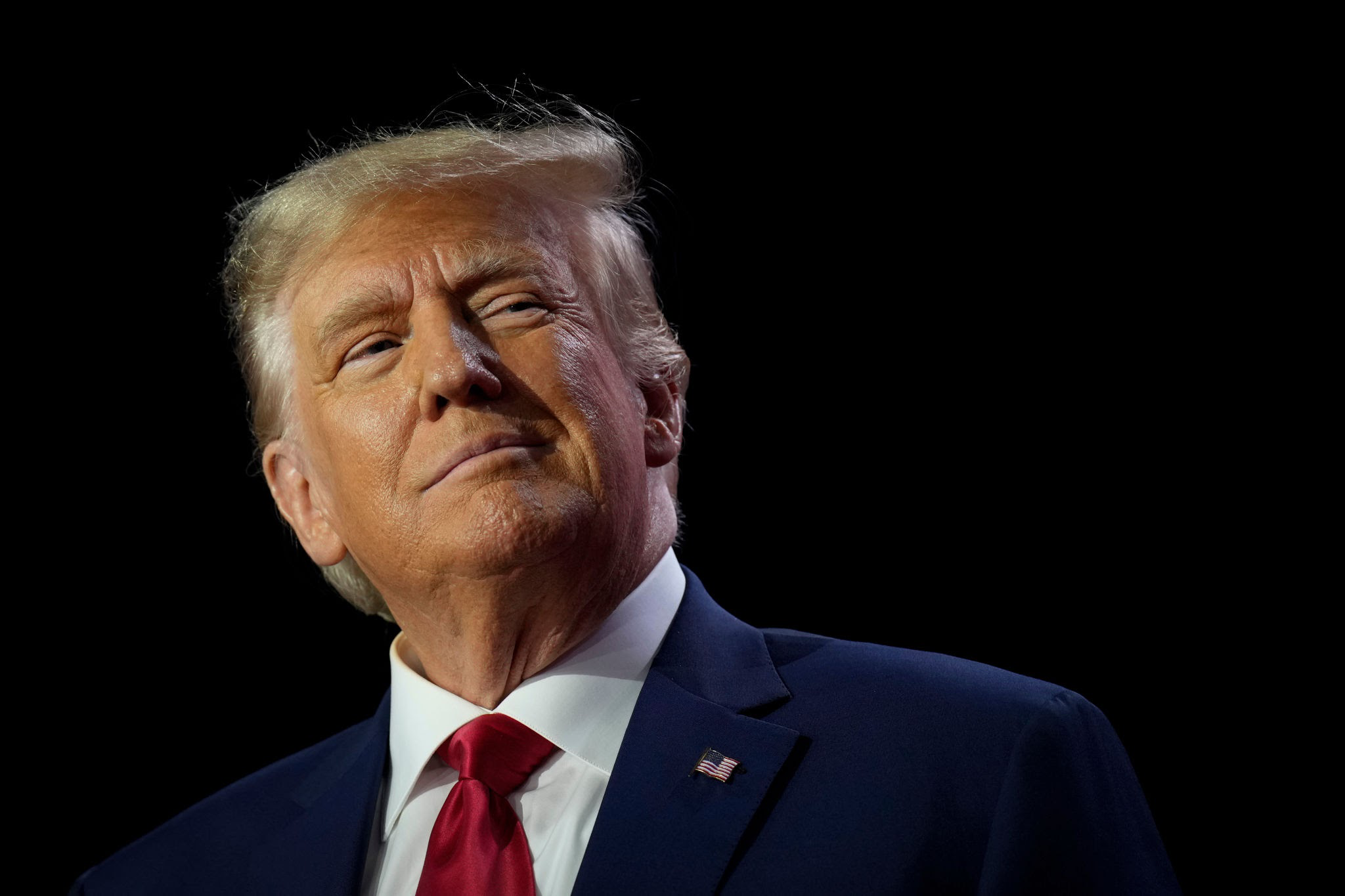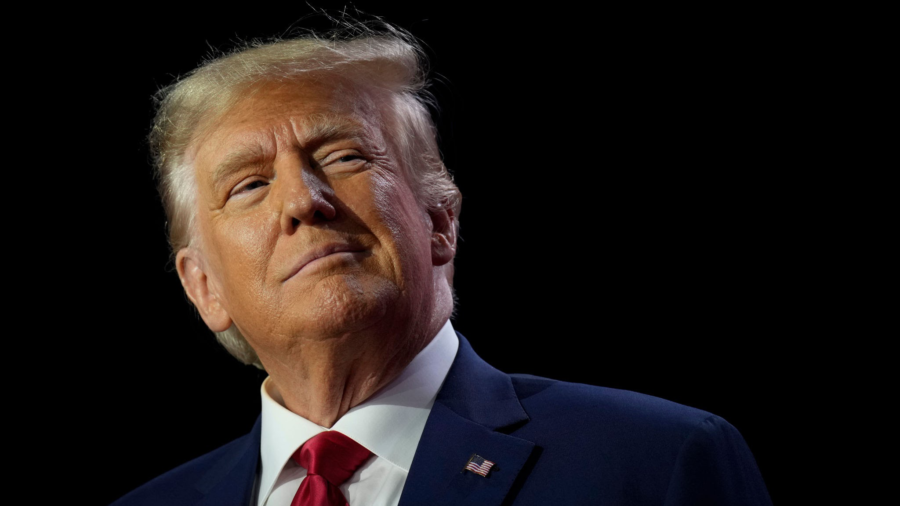
Donald Trump’s ongoing legal battles have delivered a significant blow to his financial standing, resulting in his exclusion from The Forbes 400 list of the wealthiest Americans. Trump’s net worth has plummeted by a staggering 19%, equivalent to $600 million, leaving him with an estimated total of $2.6 billion. This unfortunate dip in wealth has placed him $300 million below the Forbes threshold, as revealed in the latest list release.
This marks the second time in three years that Trump has failed to secure a spot in the coveted annual rankings, a list he has long coveted and, at times, been accused of manipulating his way onto. In stark contrast to the consistent growth enjoyed by other Forbes 400 leaders like Elon Musk, Jeff Bezos, and Larry Ellison, Trump’s financial status has taken a double-digit hit. This decline coincides with his mounting legal expenses to defend against civil and criminal charges, including an ongoing civil fraud trial in New York and multiple trials scheduled for the upcoming year.
The decline in Trump’s net worth can be attributed to two key factors, according to Forbes. First, his social media platform, Truth Social, has failed to gain traction as he had hoped. In August, Truth Social had approximately 738,000 monthly active users on its iOS and Android apps in the United States, a significant drop from almost 1.3 million in December of the previous year. This user base represents less than 1% of the iOS and Android users on X (formerly known as Twitter). Consequently, Forbes has substantially reduced the estimated value of Trump’s 90% stake in Truth Social, from $730 million a year ago to less than $100 million presently.
Truth Social’s plans to secure hundreds of millions of dollars through a merger with a blank-check firm have been thwarted by legal and regulatory scrutiny, causing further financial setbacks.
Trump’s real estate empire, which a New York judge determined had inflated values under his presidency, is also feeling the financial pinch. Empty office buildings are contributing to financial stress in the commercial real estate market, with estimates from the McKinsey Global Institute suggesting that remote work could result in an $800 billion decline in office values worldwide.
San Francisco, where Trump holds real estate interests, has been particularly hard-hit by commercial real estate turbulence. Several prominent chains, including Whole Foods, Target, Nordstrom, and Starbucks, have recently vacated the area. Forbes estimates that the value of Trump’s stake in 555 California Street, a 52-story skyscraper formerly known as the Bank of America Center, has dropped by 30%.
Manhattan is grappling with an oversupply of office space as businesses struggle to entice employees back to their workplaces. Trump’s stake in 1290 Avenue of the Americas, a midtown Manhattan office building, has lost approximately $60 million in value, according to Forbes.
Despite these setbacks, Trump has found success in his golf course ventures. Additionally, Forbes estimates that Trump’s most valuable asset, his cash holdings, now stand at $426 million. This uptick is the result of book sales, speaking engagements, and a series of successful deals in recent years.
It’s important to note that annual billionaire rankings are inherently speculative, relying on estimates and projections. Forbes has acknowledged that Trump employed deception in the past to secure a place on its lists, underscoring the inherent challenges in accurately assessing the wealth of individuals.
In fact, Forbes has openly acknowledged that Trump “lied” to the magazine to secure a spot on the inaugural list in 1982 by convincing a reporter that he held a larger percentage of his father, Fred Trump’s fortune than he actually did. Furthermore, a former Forbes reporter alleged in 2018 that, during the 1980s, Trump posed as a Trump Organization executive named John Barron to fabricate information about his wealth. Jonathan Greenberg, the former Forbes reporter, recalled, “He figured out what he had to do in order to deceive me and get onto that list. And he did it very well.”
Harvard University Welcomes Claudine Gay as its First Black President

Add a Comment